Cars
Winter’s Icy Grip Is No Match For The New 2020 Toyota Camry and Avalon AWD
As someone who lives in the Northeast and sees their fair share of snow each winter, all-wheel drive was at the top of my list when I was in the market for a new car awhile back. Surprisingly, unless I wanted a luxury vehicle or an SUV, my options were pretty limited. In the end, I went with a Subaru WRX, and I couldn’t be happier with my decision!
But it had me wondering why more car companies don’t offer all-wheel drive variants of their vehicles, considering that at half of the country sees a decent amount of snowfall each winter. The answer? Because they’re focused on SUVs and crossovers, which offer better ride height, increased all-weather capabilities, not to mention better profit margins.
Companies like Ford have abandoned the sedan segment altogether, but there are still plenty of people (like myself) who have no desire to drive a big honking SUV. To that end, Toyota is introducing new all-wheel drive variants of the Camry and Avalon this year, and we got to put them to the test in Park City, Utah, where the snow was plentiful.
The 2020 Toyota Camry AWD marks the first all-wheel drive Camry in nearly 30 years (who remembers the 1991 Camry All-Trac?). Toyota’s engineers were able to retrofit the Dynamic Torque Control AWD system from the new-generation RAV4 into the Camry (and Avalon), and it works seamlessly in both of these applications, with hardly any downside to speak of, except for a $1400 price increase, and a slight drop in fuel economy.
While the AWD system adds about 165 pounds to the car, shorter gearing compensates for the extra weight, so you’d be hard-pressed to notice any performance, ride or handling differences between the two. Speaking of performance, the Camry AWD and Avalon AWD are powered by the automaker’s 2.5-liter DOHC four-cylinder engine, which puts out 202 horsepower and 182 lb-ft of torque for most grades, or 205HP and 185 lb-ft in the XSE models with dual exhausts.
Sadly, the Camry and Avalon V6 models won’t be getting the all-wheel drive treatment. Why? Because frankly, not enough people are buying them to justify the extra effort. In the case of the Camry V6, it only accounts for 6% of Camry sales. And that’s too bad, because the car is an absolute hoot to drive, with 301 horsepower on tap.
To demonstrate the Camry’s and Avalon’s all-wheel drive system in it’s intended environment, Toyota setup a snow-covered autocross course at Soldier Hollow Nordic Center, a former 2002 Winter Olympics venue. The course offered a little bit of everything, including some elevation climbs, a tall hill, and plenty of twists and turns, all designed to simulate scenarios that drivers might face in the aftermath of a winter storm.
We flew through the course in both the Camry and Avalon AWD without breaking a sweat, the all-wheel drive system working behind the scenes to deliver power to the wheels with traction and to apply brakes to individual wheels to keep us on track, despite the 4-5 inches of snow on the ground. And this was on all-season tires! That said, if you live somewhere that gets a lot of snow, you should definitely invest in winter tires as well.
Afterwards, we lined up for a few more runs through the course, this time with traction control turned off for maximum hoonage. As expected, this allowed us to drift around the corners like Ken Block, which was insanely fun. Seriously, how often do you get the chance to rip around a snow-covered course without the risk of hitting anything.. or getting busted by the cops? 🙂 Of the two, the 2021 Toyota Avalon AWD was actually my favorite on the snow course.
For those of you curious about the all-wheel drive system used in the Camry and Avalon, here’s a brief overview of it. The Dynamic Torque Control AWD system can direct up to 50% of engine torque to the rear wheels upon launch or if slippage is detected at the front wheels. It always engages when launching and typically remains engaged until 15 mph.
In addition, when AWD isn’t needed, such as on long highway stretches, the electromagnetic controlled coupling on the front of the rear drive axle can disengage the propeller shaft from the differential to prioritize fuel efficiency. The AWD is designed to re-engage in an instant when needed. All-wheel drive operation is transparent to the driver and passengers, the only proof of it working being the fact that we didn’t slide off the track.
While some other cars offer more complex AWD systems (including the RAV4 TRD Off-Road, Adventure, and Limited grades, which have Dynamic Torque Vectoring AWD), the truth of the matter is that most Camry and Avalon customers will be more than happy with the current system, giving them some much-needed confidence should Mother Nature dump a bunch of snow (or rain, dirt, etc) in their path.
Overall, it was impressive just how capable the Camry and Avalon AWD were in the snow, as we pushed them way harder than most people would ever dream of, and they remained composed and demonstrated remarkable grip throughout. Needless to say, anyone living in the northern states who’s shopping for a Camry or Avalon should spend the extra $1400 and get the AWD.
In addition, all AWD grades can be optioned with a Cold-Weather Package, which adds heated seats and mirrors on the LE, heated seats, mirrors and steering wheel on the SE, and heated steering wheel on the XLE and XSE. All features which you’ll be thankful for on those brutally cold mornings! All other standard and optional features carry over from the FWD versions.
The 2020 Toyota Camry AWD should start arriving in dealerships in early spring, with the 2021 Avalon AWD to follow later this fall.
What do you think about the 2020 Toyota Camry AWD and 2021 Toyota Avalon AWD?

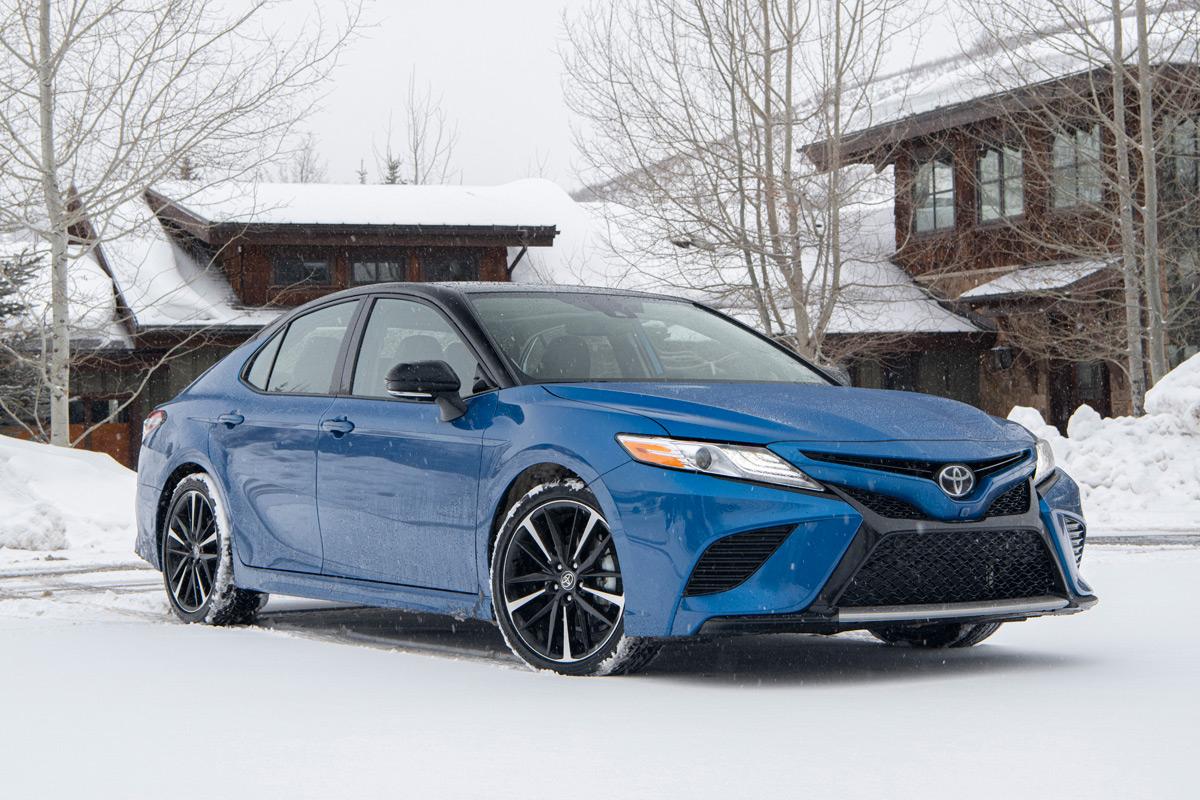
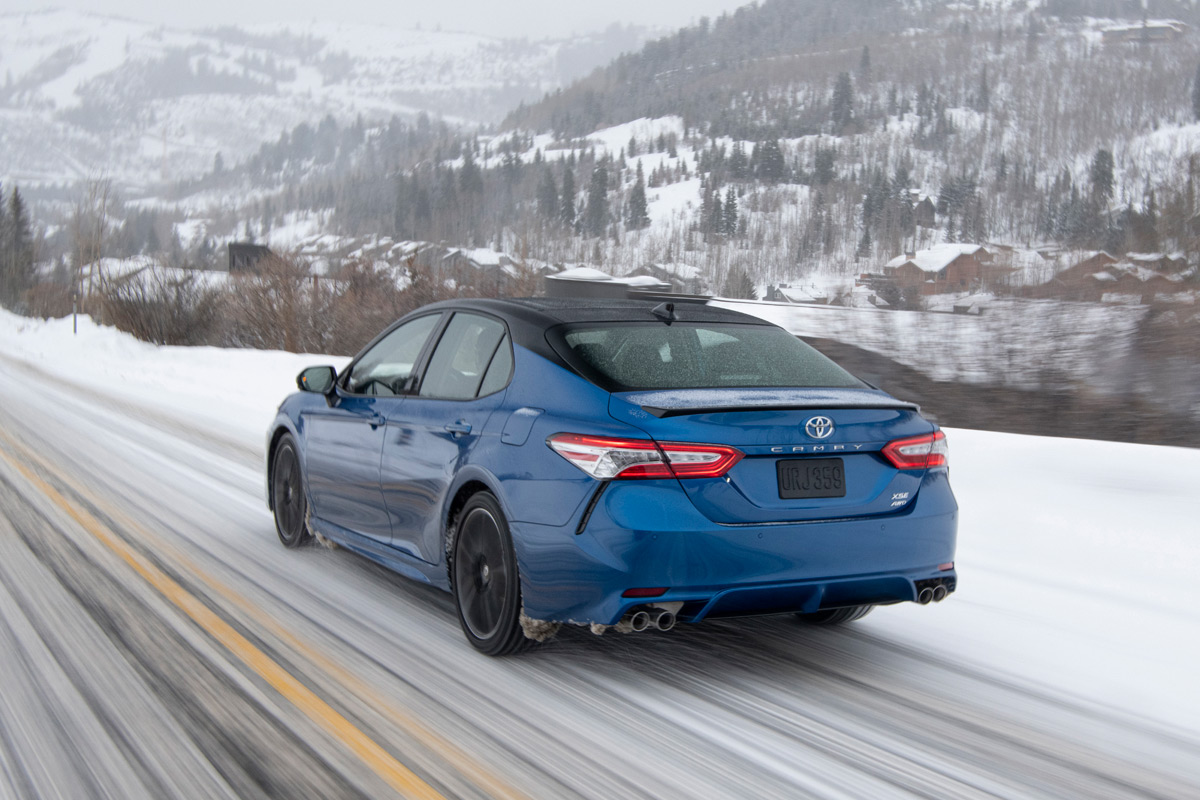
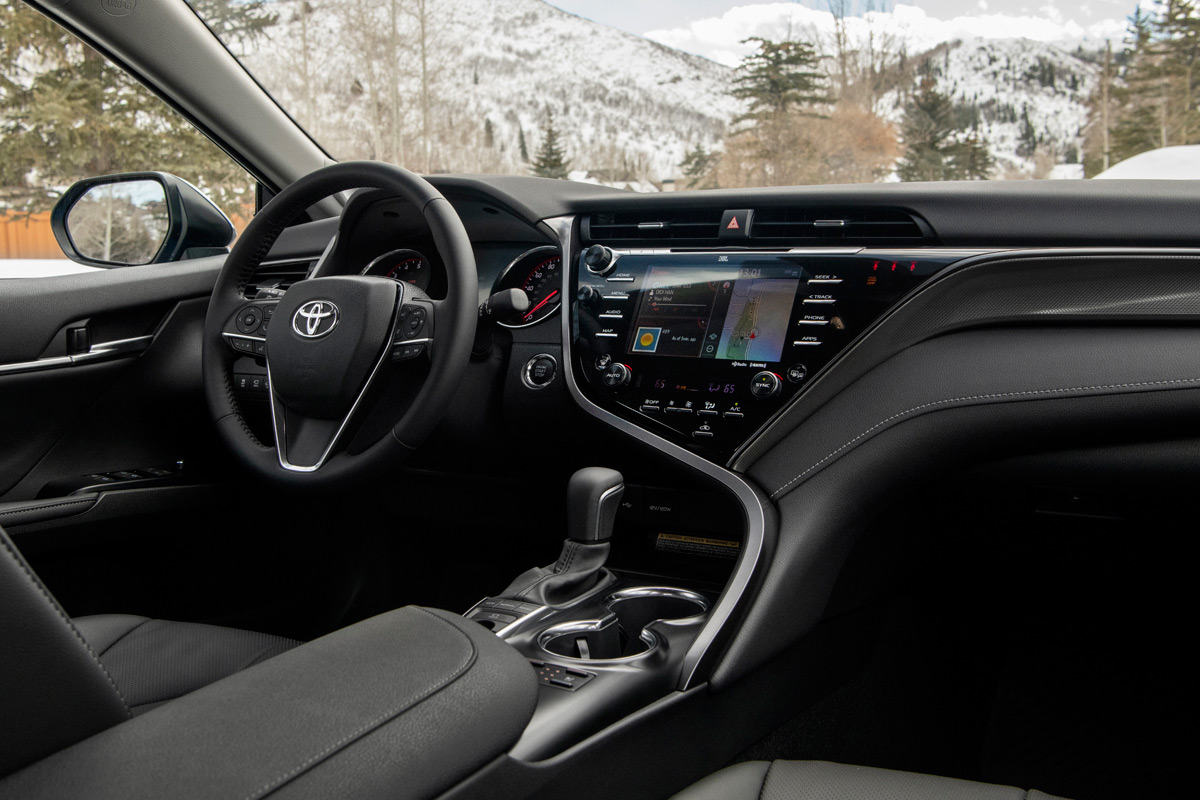
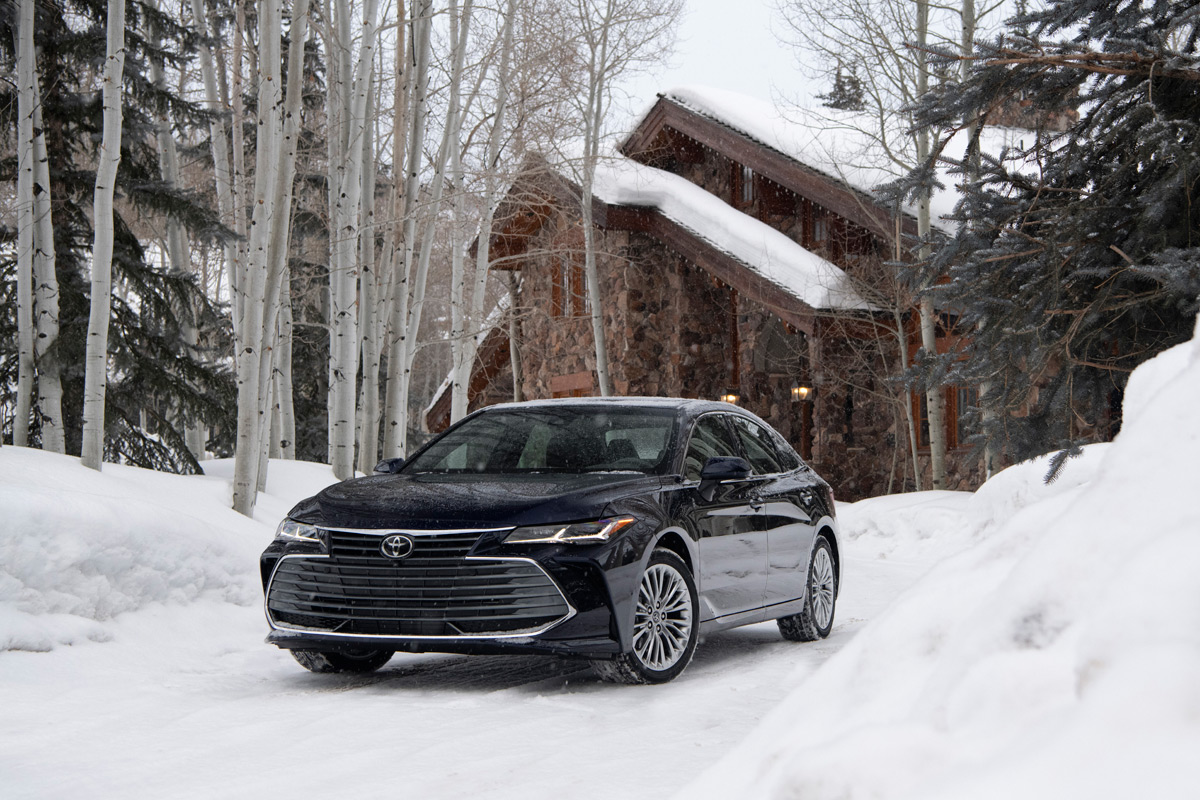
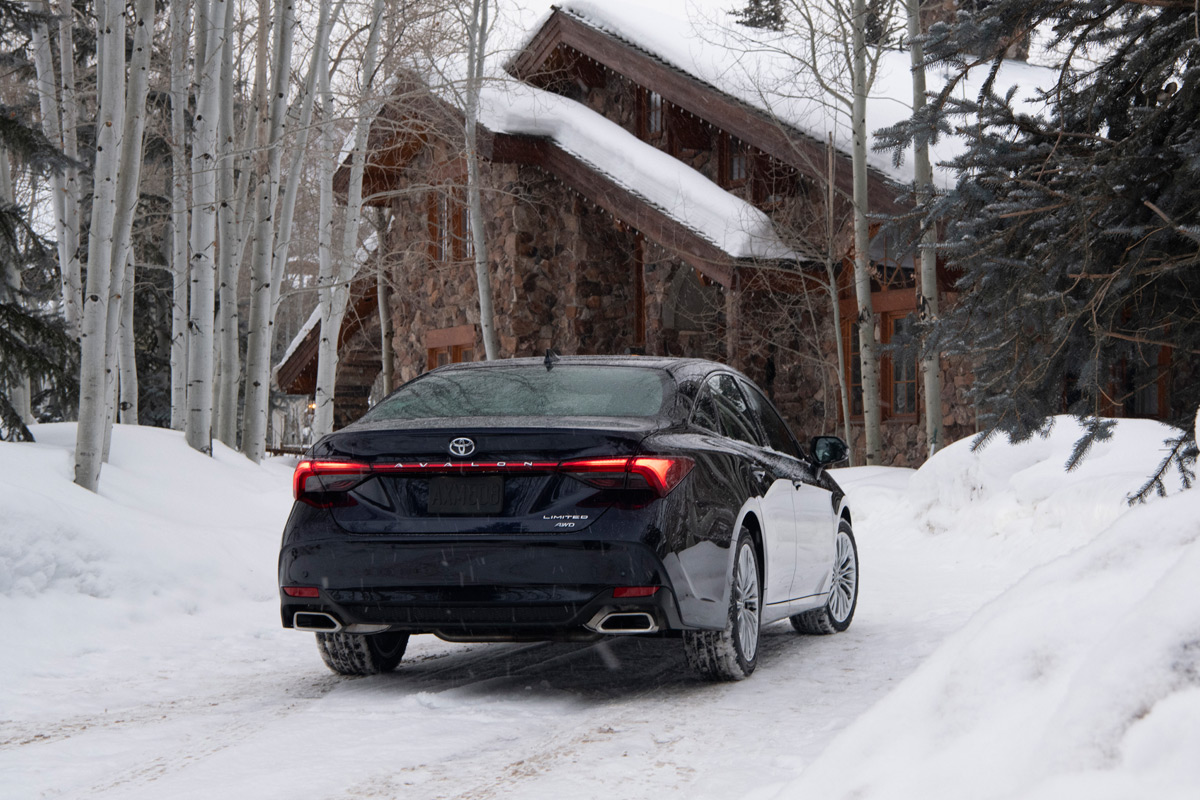
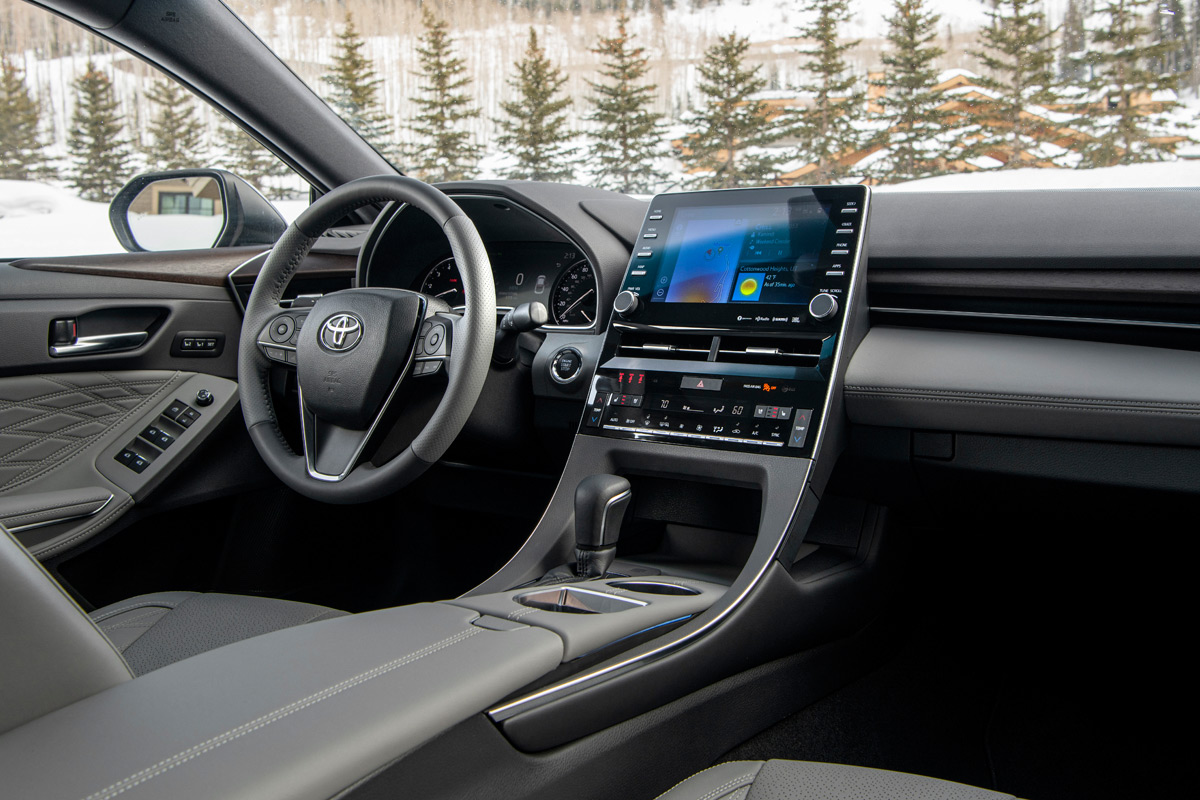
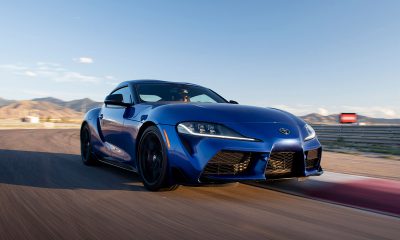

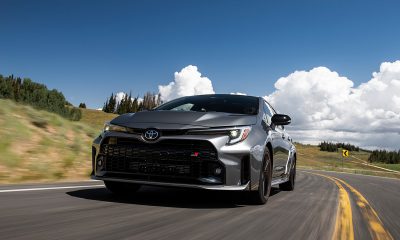

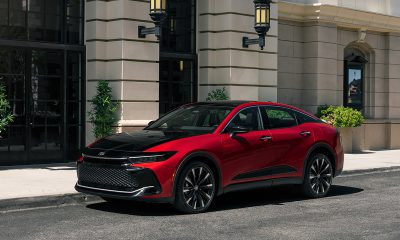

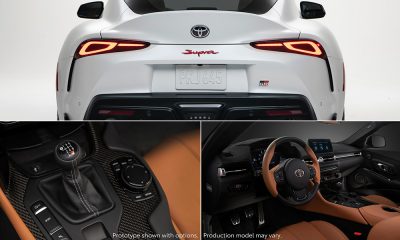



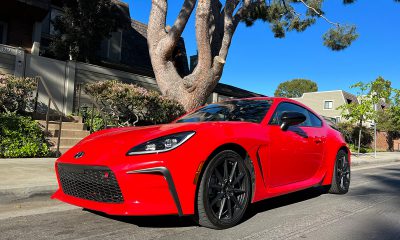
















Recent Comments